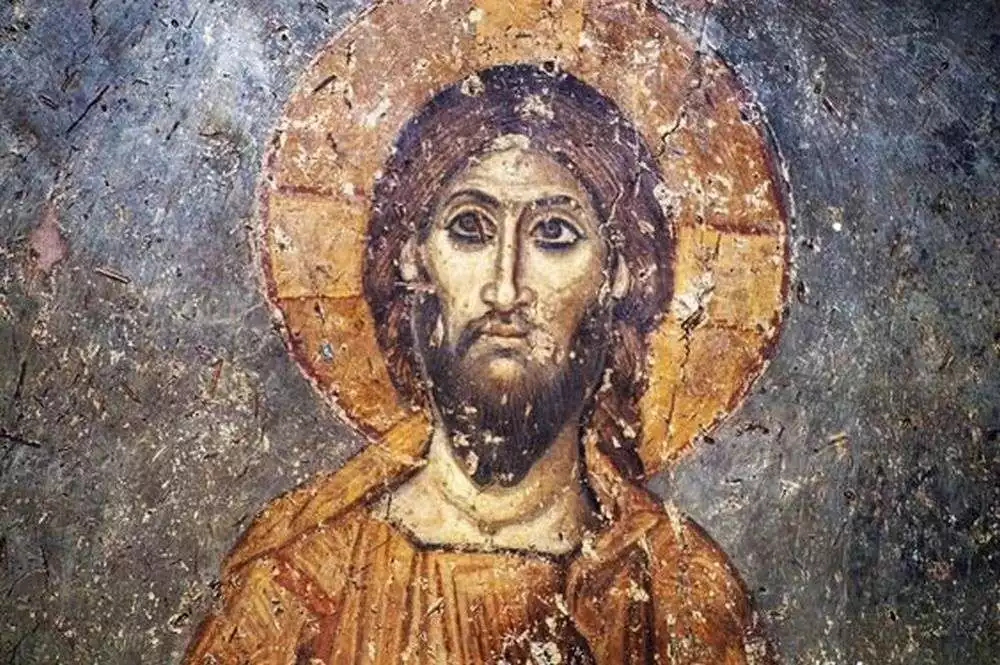Dying | ἀποθνῄσκω (apothnēskō) | Verb
Etymology and Semantic Analysis The English term ‘dying’ originates from the Old English ‘dēag,’ gradually evolving into the Middle English ‘dyen.’ In the New Testament, the Greek verb ἀποθνῄσκω (apothnēskō) is frequently employed, translating to ‘to die,’ ‘to pass away,’ or ‘to cease to live.’ This term appears in significant contexts, primarily highlighting the physical […]
Die | Αποθνῄσκω (apothnēskō) | Verb
Etymology and Semantic Analysis The word ‘die’ is represented in the New Testament primarily by the Greek verb ‘αποθνῄσκω’ (apothnēskō), meaning ‘to die’ or ‘to pass away’. This verb conveys not only the physical cessation of life but also, in certain contexts, a spiritual or metaphorical death. In the Septuagint, the Greek translation of the […]
Lazarus: Raised from the dead by Jesus
Jesus of Nazareth performed many miracles during his time on earth, but perhaps none was more spectacular than raising his friend Lazarus from the dead. This incredible event is recorded in the Gospel of John and gave clear evidence of Jesus’ power over death itself. Lazarus Falls Ill Lazarus lived in the village of Bethany […]
Jesus Christ | The Lord

Jesus Christ, historically believed to have been born between 6 and 4 BC and crucified around AD 30-33, stands as the pivotal figure in Christianity. Revered by Christians as the incarnate Son of God, His teachings and life have profoundly influenced human history and culture. Jesus’ message, rooted in love, forgiveness, and redemption, has been […]
